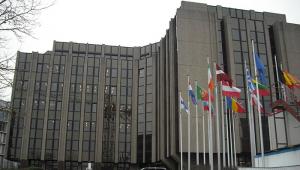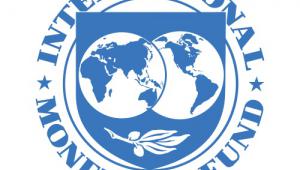The verdict was handed down by the IMF’s own watchdog, which has set out a detailed report into the fund’s handling of the crisis, and its overall engagement with the eurozone countries.
The report by the Independent Evaluation Office specifically evaluates the IMF’s role in part-funding and organising financial bailouts for Greece, Ireland and Portugal between 2010-11.
In 2010, the IMF’s executive board approved a decision to provide ‘exceptional access’ financing to Greece without restructuring Greece’s national sovereign debt. According to the report, this was done with the understanding that it was highly probable the debt could not be sustained.
In doing so the fund was required to change one of its policies, and did so using a ‘systemic exemption clause’, that essentially circumvented the fund’s normal deliberative procedures.
Furthermore, the report highlighted the IMF’s overly-optimistic growth projections in both Greece and Portugal, which skewed the risk analyses undertaken by its European lending partners. More realistic projections may have led to more concessional financing for the debtor nations.
Prior to the crisis, the fund’s country- or national-level surveillance for the most part identified the right issues, according to the report. However, it did not foresee the magnitude of the risks that would become paramount in the crisis to follow. “In all crisis countries, IMF surveillance consistently stressed the need for fiscal discipline and structural reforms,” the report stated.
In a statement responding to the report, Christine Lagarde, managing director of the IMF defending the fund’s involvement in eurozone crisis programmes, claiming its actions has been a “qualified success.”
She highlighted that the crisis was unprecedented, and that following so closely on from the financial crisis of 2007-08, “the risks of broader contagion were high.”
The report also raised concerns about the transparency of the organisation, after it reported that some key documents relating to decisions made at the time could not be found, and that it was not always possible to determine who was responsible for key policy decisions.













